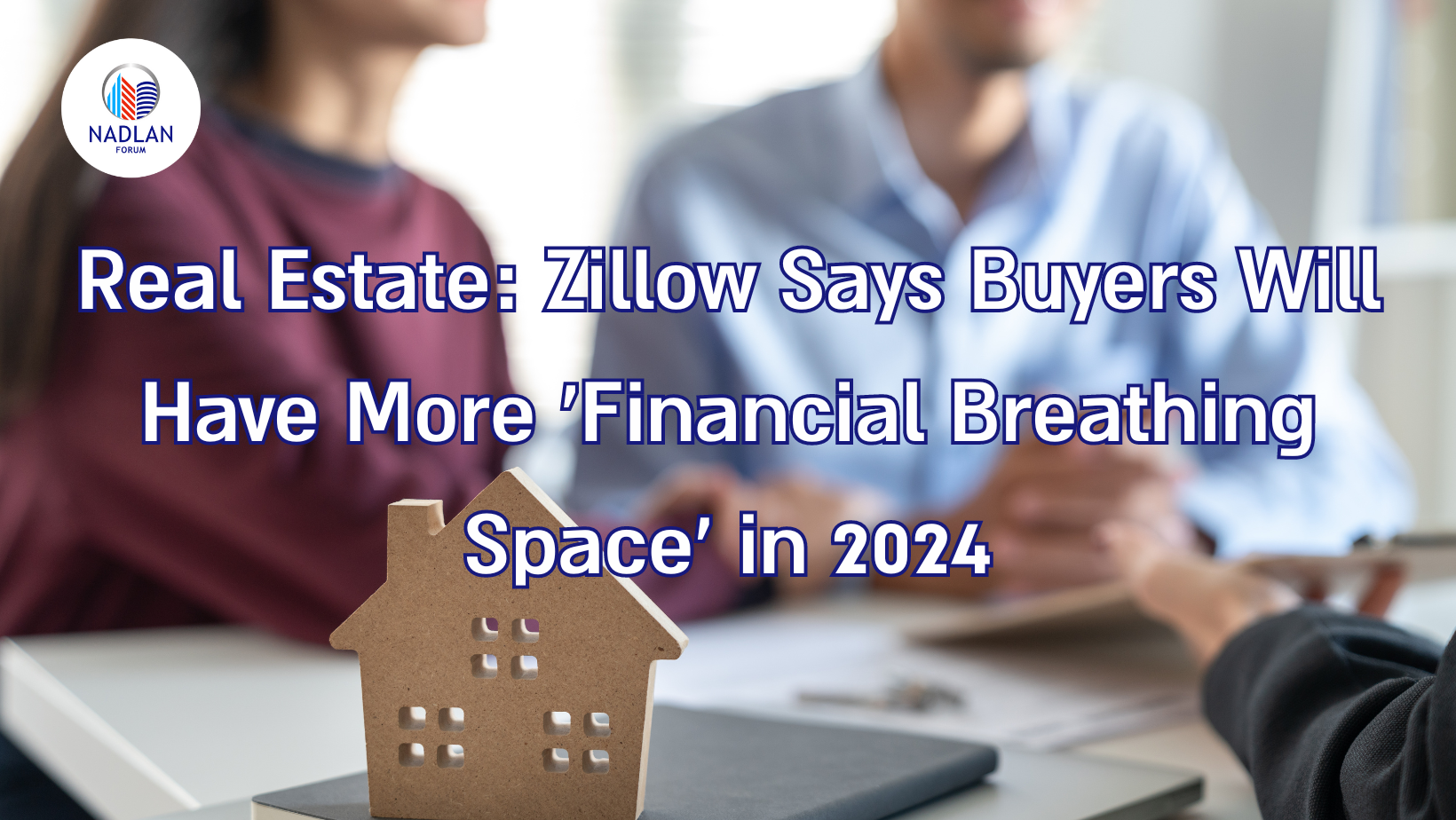How much do first home buyers really need to earn to purchase a starter home across the country?

The news hasn't been great for first home buyers lately. True, almost every type of buyer has unfortunate stories to tell about today's tight housing market, but the beginners? They found themselves in a miserable league of their own.
The reason: Affordable starter homes, those first purchases that are usually essential in the journey of home ownership and building security and wealth, are disappearing across the US like cicadas in summer. And those starter homes that do come on the market are now often priced out of the reach of the people who need them most.
This is an issue that has been gathering steam for some time. Classic starter homes began to rise in earnest across the country after World War II, giving young Americans without much capital the ability to own property. Builders have made these residences smaller without as many luxury amenities as possible to keep them more affordable for first-time buyers. But in recent years, they have shifted to building larger, more profitable homes as land, materials and government costs have driven up prices. Many early houses were demolished so that larger houses could be built in their place. And investors raised the prices on those that remained.
Now, a toxic combination of rising prices and mortgage interest rates has made buying a starter home nearly twice as expensive as it was before the COVID-19 pandemic, putting the cost out of reach for millions of Americans.
So, how much do most people really need to earn each year to secure their own piece of the American Dream in today's market? Realtor.com® looked at the household income buyers would need in the 100 largest metropolitan areas to afford a two-bedroom starter home.
In 2019, the median listing price for such a home, typically in the bottom third of the metro's price range, was just under $220,000 — which would have required a household income of about $49,000. Today, the same house is listed for $325,000, a 48% increase in price. However, with mortgage rates roughly double what they were three years ago, reaching 6.29% for 30-year loans last week, buyers would have to earn nearly $91,000 to afford the same home.
The situation is not expected to improve soon.
"It's a tough market, especially for first-time buyers," says Realtor.com Chief Economist Danielle Hale. "Unfortunately, the outlook is not great."
The long-term shortage of homes for sale — coupled with hot demand when mortgage rates were at record lows and buyers looking for extra space during the pandemic — allowed home prices to rise to new heights over the past few years.
"There's not much out there," says Len Kiefer, Fannie Mae's deputy chief economist. "It has been going on for 40 years."
And some big changes are needed in the market for first-time buyers to have a better chance of affording starter homes.
In the short term - in the next few months at least - it does not seem that mortgage interest rates will decrease or that incomes will increase. But there are signs that the start of a housing correction may put first-time buyers back in a better position. More homes are for sale and there are fewer buyers who can afford to compete for them.
"We've seen buyer demand pull back in a big way because affordability has dropped so much," Hale says. "And it seems that the rise in interest rates is having an effect, with the increase in the registration inventory in recent months."
To find out how much a starter home costs across the country, Realtor.com looked at the median list prices of two-bedroom homes in the 100 largest metropolitan areas for September, using a mortgage rate of 6.25 percent. We then calculated the median monthly mortgage payment, including estimated taxes and insurance costs, to arrive at the median annual income buyers would need to afford a starter home. That's assuming buyers won't spend more than 30% of their salary on housing.
(Targets include the main city and its surrounding suburbs, towns and smaller urban areas.)
If you're curious about how much a starter home costs in the 100 largest metros, you can search the interactive chart below to learn the estimated monthly payments and annual income required to purchase a two-bedroom home in these areas.
How much does it cost to buy a starter home?
As home prices have soared over the past three years, the average starter home now costs around 48% more. But with the recent high mortgage rates, the income required to purchase a "starter" home has increased by 86%. Find metro areas using the search box, or sort the table by clicking on the column headings.
The salaries needed to buy a starter home in America's top 15 metros
1. New York, New York
 Median starting home list price: $495,000
Median starting home list price: $495,000
Median monthly housing payment*: $3,453
Median annual household income required to purchase a starter home: $138,101
2. Los Angeles, California

Median starting home list price: $700,000
Median monthly housing payment: $4,882
Median annual household income required to purchase a starter home: $195,294
3. Chicago, Illinois

Median starting home list price: $275,900
Median monthly housing payment: $1,924
Median annual household income required to purchase a starter home: $76,974
4. Dallas, Texas

Median starter home list price: $310,000
Median monthly housing payment: $2,162
Median annual household income required to purchase a starter home: $86,487
5. Houston, Texas

Median starting home list price: $265,000
Median monthly housing payment: $1,848
Median annual household income required to purchase a starter home: $73,933
6. Philadelphia, Pennsylvania

Median starting home list price: $269,000
Median monthly housing payment: $1,876
Median annual household income required to purchase a starter home: $75,049
7. Washington DC

Median starting home list price: $459,000
Median monthly housing payment: $3,201
Median annual household income required to purchase a starter home: $128,057
8. Miami, Florida

Median starting home list price: $410,000
Median monthly housing payment: $2,860
Median annual household income required to purchase a starter home: $114,387
9. Atlanta, Georgia

Median starting home list price: $304,995
Median monthly housing payment: $2,127
Median annual household income required to purchase a starter home: $85,091
10. Boston, Massachusetts

Median starting home list price: $659,000
Median monthly housing payment: $4,596
Median annual household income required to purchase a starter home: $183,855
11. San Francisco, California

Median starting home list price: $860,000
Median monthly housing payment: $5,998
Median annual household income required to purchase a starter home: $239,933
12. Detroit, Michigan

Median starting home list price: $169,999
Median monthly housing payment: $1,186
Median annual household income required to purchase a starter home: $47,428
13. Phoenix, Arizona

Median starter home list price: $385,000
Median monthly housing payment: $2,685
Median annual household income required to purchase a starter home: $107,412
14. Seattle, Washington

Median starting home list price: $609,950
Median monthly housing payment: $4,254
Median annual household income required to purchase a starter home: $170,171
15. Minneapolis, Minnesota

Median starting home list price: $299,900
Median monthly housing payment: $2,092
Median annual household income required to purchase a starter home: $83,670
* The median housing payment includes the mortgage, taxes and home insurance for a two-bedroom starter home.
































Responses